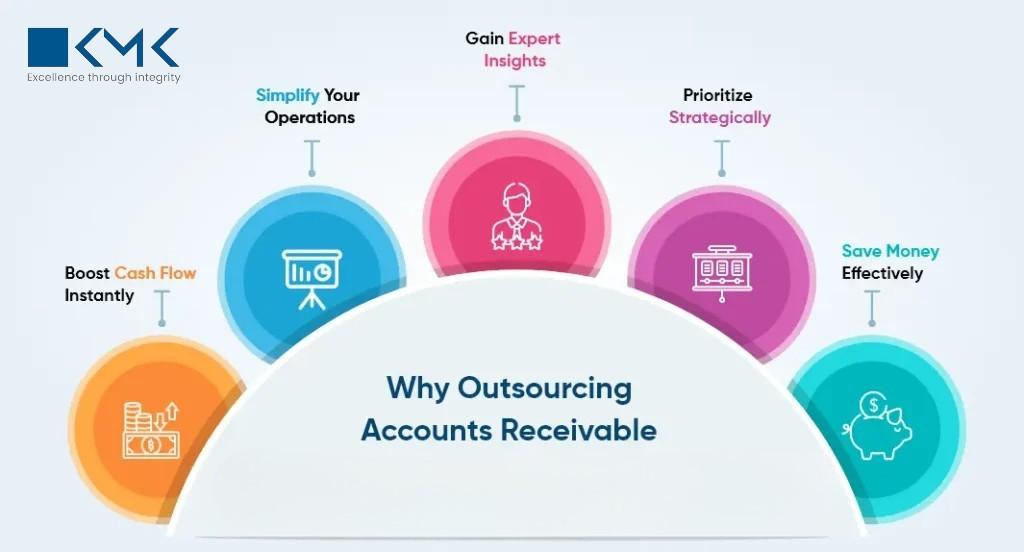Bookkeeping is at the core of every successful business. For U.S. companies, QuickBooks has become the go-to accounting software, simplifying financial management and offering robust reporting features. But when it comes to maintaining accurate books, business owners often face a critical decision: should they hire an in-house bookkeeper or outsource QuickBooks bookkeeping services? This question has become even more relevant in 2025 as businesses look for ways to reduce costs, improve efficiency, and stay financially agile. Let’s explore the differences, benefits, and trade-offs between hiring internally and choosing to outsource bookkeeping.
Why QuickBooks Bookkeeping Matters for U.S. Businesses
QuickBooks isn’t just about recording transactions—it’s about financial visibility. With features like automated invoicing, bank reconciliation, and expense tracking, it gives decision-makers the tools to understand their cash flow in real time. But software alone doesn’t guarantee accuracy. Skilled bookkeeping is needed to ensure:
-
Compliance with tax regulations
-
Timely financial reporting
-
Efficient accounts receivable and accounts payable management
-
Better decision-making through data-driven insights
This brings us back to the key question: Who should handle your QuickBooks bookkeeping—an in-house employee or an outsourced partner?
Hiring an In-House QuickBooks Bookkeeper
Many U.S. companies still rely on internal bookkeepers, especially when they want someone readily available at the office. Hiring a dedicated professional can offer:
-
Direct Control – Business leaders have more hands-on oversight.
-
In-House Knowledge – A bookkeeper who understands your business culture and processes.
-
Quick Turnaround – Immediate responses to questions and urgent financial tasks.
However, hiring also comes with challenges. Companies must consider:
-
Salary and benefits costs
-
Ongoing training expenses
-
The risk of errors if one person manages everything
-
Limited scalability if your business grows quickly
For small and medium-sized enterprises (SMEs), maintaining an in-house bookkeeping team can become a costly overhead.
Outsourcing QuickBooks Bookkeeping Services
On the other hand, many U.S. businesses are now turning to outsourced QuickBooks bookkeeping services. Partnering with a specialized provider ensures access to a team of professionals who manage everything from reconciliations to payroll.
Benefits of outsourcing include:
-
Cost Savings – You only pay for the services you need, without covering salaries, benefits, or training.
-
Scalability – As your business grows, your outsourcing partner can easily handle larger transaction volumes.
-
Access to Expertise – Outsourced teams often include certified QuickBooks ProAdvisors with extensive experience.
-
Technology Advantage – Outsourcing firms use the latest cloud-based solutions and secure processes.
-
Focus on Core Business – Business owners can spend more time on growth, strategy, and customer experience.
This approach is particularly beneficial for companies that also want to outsource virtual accounts receivable services, ensuring invoices are managed efficiently, payments are collected faster, and cash flow remains strong.
Hiring vs. Outsourcing: A Direct Comparison
Here’s a breakdown of how the two options compare for U.S. businesses:
| Factor | Hiring In-House | Outsourcing QuickBooks Bookkeeping |
|---|---|---|
| Cost | High (salaries, benefits, training) | Flexible, pay-as-you-go model |
| Expertise | Depends on individual skills | Access to a team of certified experts |
| Scalability | Limited to team size | Easily scalable as business grows |
| Technology | May require additional investments | Outsourcing firms provide latest tools |
| Risk Management | Relies on one or two employees | Shared responsibility across a team |
Key Questions to Ask Before Deciding
If you’re weighing your options, ask yourself:
-
Do we have the budget to hire and retain full-time bookkeeping staff?
-
Is our transaction volume growing to a level that requires external support?
-
Are we missing out on financial insights due to bookkeeping errors or delays?
-
Do we want to integrate bookkeeping with outsourced virtual accounts receivable services for better collections management?
Your answers will help clarify whether hiring or outsourcing is the smarter choice.
Why Many U.S. Companies Choose Outsourcing in 2025
The business environment is more competitive than ever. With remote work, globalization, and evolving compliance requirements, outsourcing offers the flexibility and expertise that many companies need. U.S. companies in industries like retail, SaaS, professional services, and healthcare are increasingly outsourcing QuickBooks bookkeeping because it:
-
Reduces overhead costs
-
Provides accurate, real-time financial data
-
Ensures tax and regulatory compliance
-
Supports better cash flow through integrated accounts receivable management
For growing businesses, outsourcing is no longer just a cost-cutting measure—it’s a strategic financial decision.
Final Thoughts
Deciding between hiring an in-house bookkeeper and outsourcing QuickBooks bookkeeping services depends on your company’s size, budget, and financial goals. While hiring gives you direct control, outsourcing offers cost efficiency, scalability, and access to expertise that most businesses can’t ignore. For many U.S. companies, especially in 2025, the winning choice is clear: outsource virtual accounts receivable services and QuickBooks bookkeeping together to streamline operations, improve collections, and gain a stronger financial foundation.



